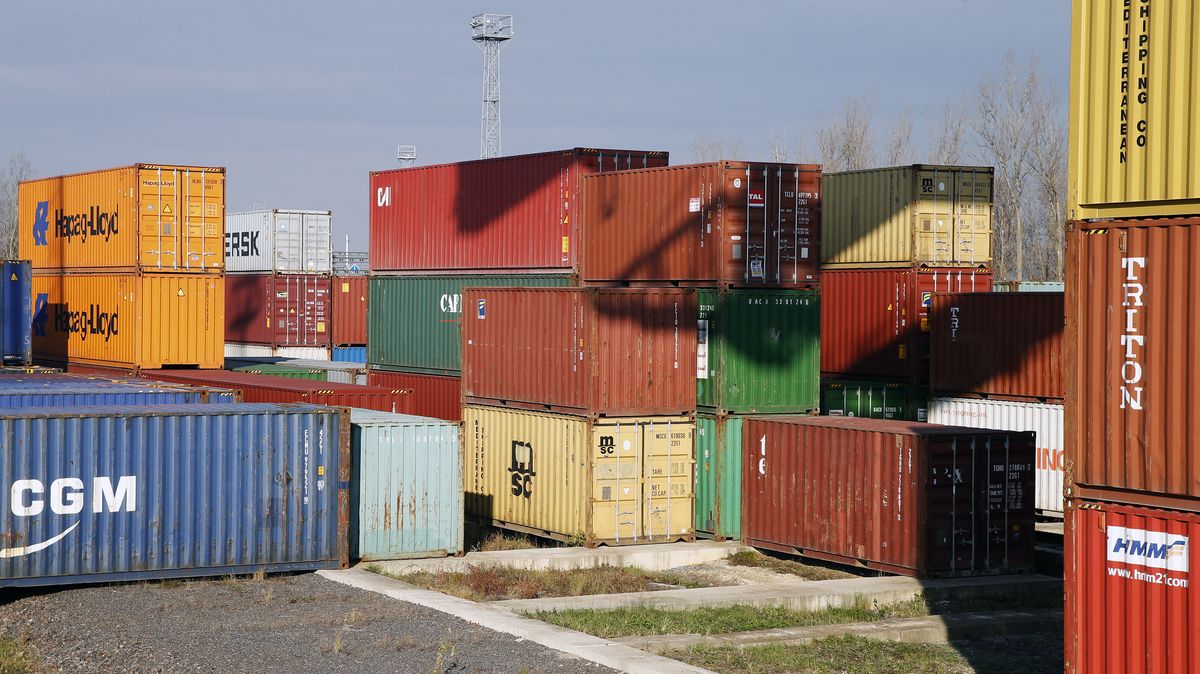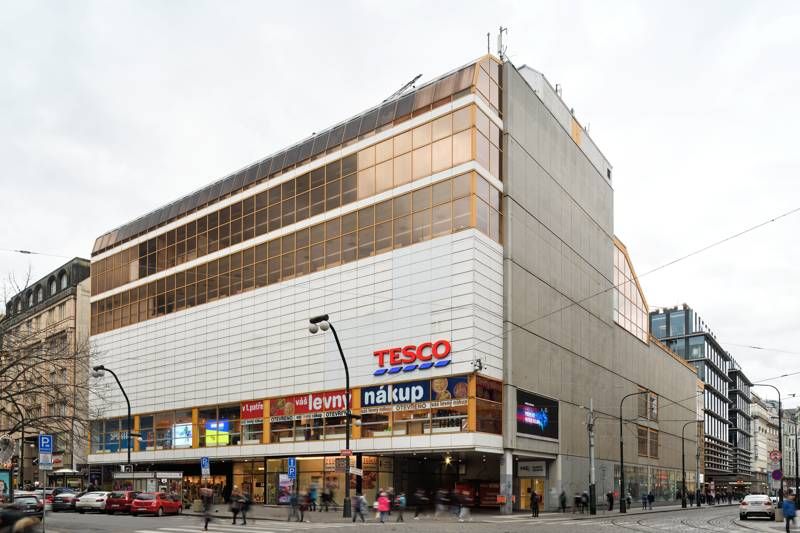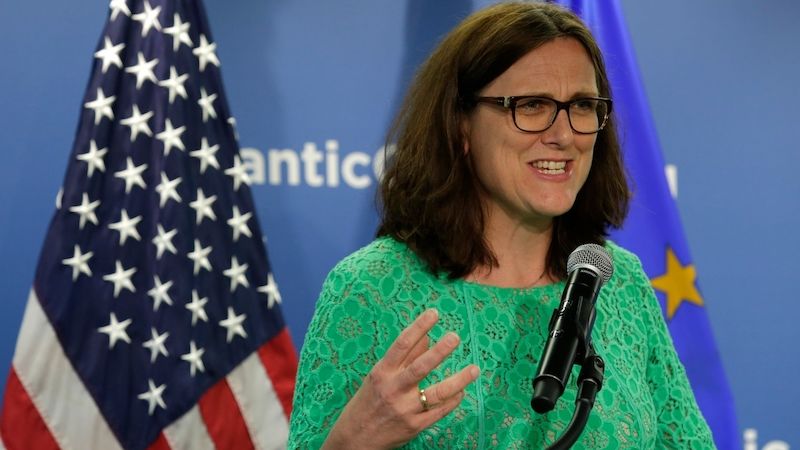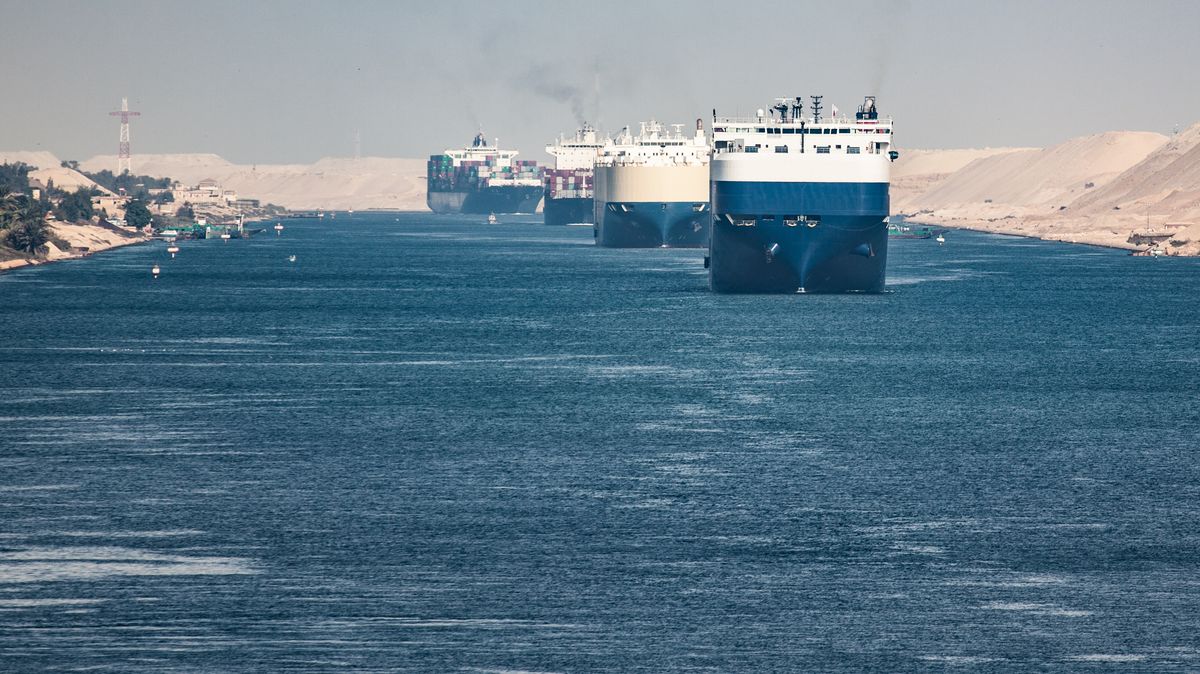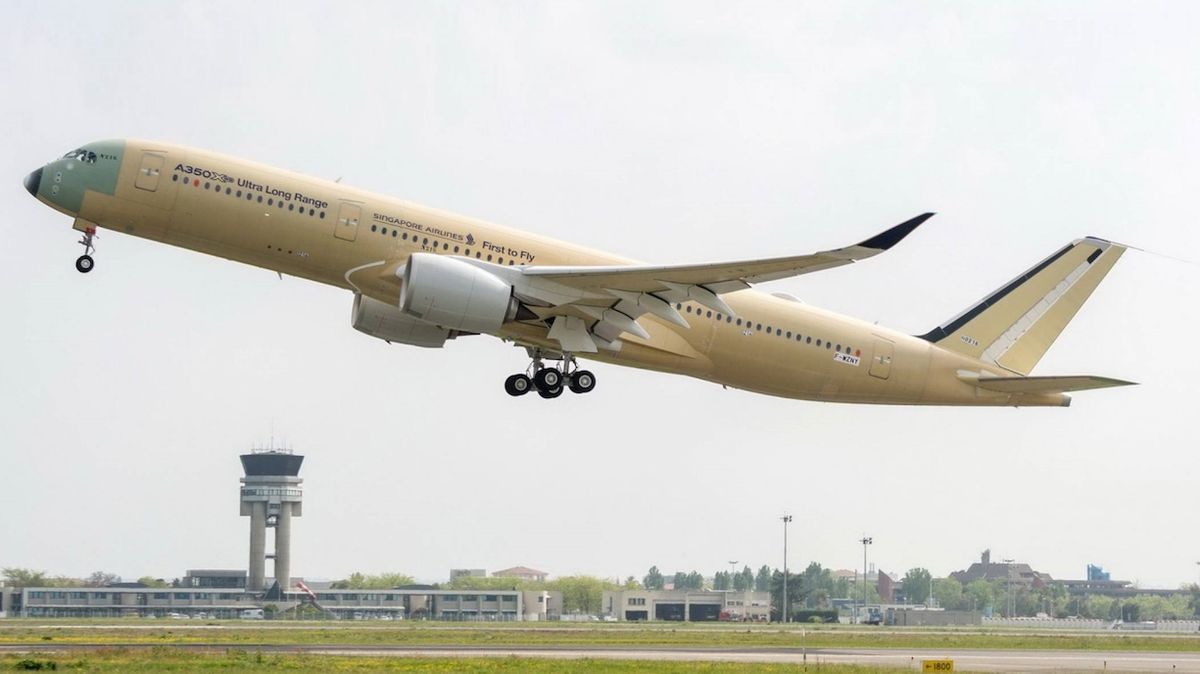Business in a Global Economy
Economic globalization is characterized by the fact that the volume of international trade is increasing and individual economies are increasingly interconnected. This creates interdependence and dependence throughout the world. Through its trade policy, Europe seeks to ensure that globalization brings as many benefits as possible to society and business.
The European Union is the country with the largest economy in the world and contributes more than 20% of the world’s gross domestic product (GDP). Thanks to its GDP of around 15 trillion euros and the openness of its markets, the EU plays an important role in the economy. form a global trading system. In international trade negotiations and supranational bodies such as the World Trade Organization (WHO), the EU has done just that greater bargaining power overall than that of each member country individually.
The main goal of European trade policy is to provide new opportunities for European companies. The EU seeks to achieve this by eliminating barriers, such as tariffs and quotas, with its trading partners and ensuring fair competitive conditions.
International trade is very important for the European economy. This contributes to economic growth and helps create new jobs. More than dependent on foreign trade 36 million jobs. According to calculations, around 13,000 jobs generate every billion in profits from exports outside the EU.
What position does the EU hold in international trade – infographics.
The Union’s trade policy includes i consumer protection rulesand that the products imported to us meet certain standards.
Moreover, through this, the EU seeks to promote human rights worldwide, as well as social and security standards. Business partners must also respect certain environmental standards.
How EU trade policy works
The EU is negotiating on behalf of all its member states bilateral and multilateral trade agreements. European trade policy covers several areas: trade in goods and services, foreign direct investment, commercial aspects of intellectual property such as patents and public procurement.
It consists of three main parts:
- Trade agreements with countries outside the EU, aimed at opening new markets and providing new opportunities for European companies.
- Trade rules to protect European producers from unfair competition.
- The EU’s membership in the World Trade Organization (WTO), which sets the rules of international trade. Individual EU countries are also members of the WTO, but the European Commission conducts negotiations on their behalf.
Trade agreement
Trade agreements are made with countries outside the EU to ensure better business opportunities. There are different types of these agreements:
- economic partnership agreements (from the English abbreviation EPA) with developing countries from the Caribbean and Pacific regions as well as Africa,
- free trade agreements with developed countries,
- association agreements that strengthen more comprehensive political cooperation, such as the Mediterranean Union with Tunisia.
The main goal of all these agreements is tariff reduction and investment promotion.
Read, what trade agreements are being negotiated
European trading rules
The EU has created regulations that protect European companies from unfair business practices, such as dumping or state subsidies. They can artificially lower the prices of imported goods compared to European production. On the other hand, third countries can impose import duties or quotas on European products. Unresolved trade disputes can trigger trade wars.
Read more about how the EU defends itself against unfair trade practices.
The EU also regulates foreign direct investment. Therefore, in February 2019, the European Parliament approved the creation of a new monitoring mechanism to ensure that foreign investment in strategic sectors does not threaten European interests and our security.
EU and World Trade Organization
The World Trade Organization has more than 160 members. Together they cover 98% of world trade. Its main goal is to ensure the predictability and fairness of the world trading system. Therefore, this agency adopts general rules and monitors the observance of these rules throughout the world.
The EU is a strong partner of the World Trade Organization (WTO) and has played an important role in shaping the world trading system. Within the WTO framework, the EU participates in multilateral negotiations. The European Parliament monitors the course of the action and evaluates its progress.
Since 2001, WTO members have been involved in a wide-ranging round of multilateral trade negotiations known as the “Doha Round” or Doha Development Agenda (DDA). At that time, negotiations stalled, mainly due to a lack of agreement on key policy issues, including agriculture.
In the case of trade disputes, the EU often relies on the regulations and enforcement powers of the World Trade Organization. Therefore, the European Union makes maximum use of the WTO system for dispute resolution.
Who decides EU trade policy?
Trade policy is the exclusive authority of the EU. International trade was one of the first sectors in which member states agreed to share their sovereignty. Therefore, they gave the Commission a mandate to act on their behalf in trade-related matters, including the negotiation of international trade agreements.
In other words, the EU acts as one unit and negotiates bilateral and multilateral trade agreements on behalf of all its member countries. This is stated in Article 207 of the Treaty on the Functioning of the EU.
After the adoption of the Lisbon Treaty, the European Parliament became one of the creators of legislation in this area at the same level as the Council (member states). Therefore, international trade agreements can only enter into force with the approval of the European Parliament, and the Parliament can influence the progress of negotiations through its resolutions.

“Tv nerd. Passionate food specialist. Travel practitioner. Web guru. Hardcore zombieaholic. Unapologetic music fanatic.”


